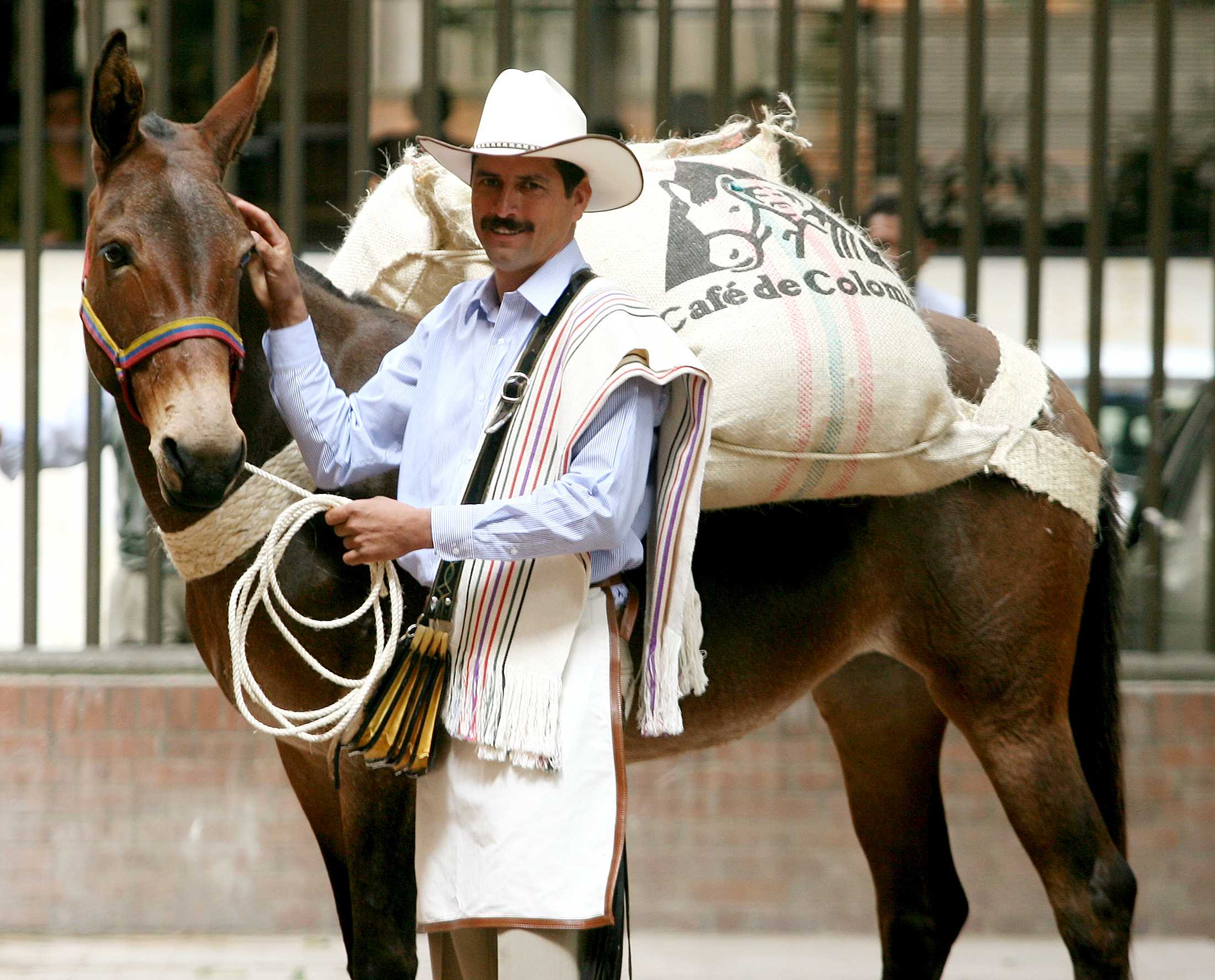MEDELLIN – “Colombia offers many opportunities to develop specialty coffees. This is why their production and export have increased significantly,” said Carlos A. González, Commercial Manager of the Colombian Coffee Growers Federation (FNC), at ExpoEspeciales 2014 during his presentation “Strategy of Colombia’s specialty coffees. Where are we going?”
González further explained that since most of Colombia’s coffee growers are considered ‘small’ growers, it would be hard for them to access the market individually. He also noted that the FNC has been trying to connect the work of coffee growers to the world market for several years.
“For many coffee growers, selling their coffee would be impossible without an organization. This is why they rely on their coffee institutions, which includes the FNC, cooperatives and Almacafé. This collaboration enables the development of specialty coffee programs, product and concept innovation, access to the market, attention to customers and commercialization at reasonable costs,” he added.
Mr. González also discussed the main specialty coffee trends from the perspective of global consumption. Consumption has increased 50% over the last 18 years, rising from approximately 100 million bags per year to 150 million bags.
“Colombia faces a great opportunity. It has various coffee growing regions that produce high quality coffee. They widely exceed the coffee growing areas of several Central American countries. As recognized by the motto of ExpoEspeciales 2014, Colombia is a land of diversity,” argued Mr. González.
The specialty coffee market has grown in large part due to the increasing demand for high-quality and sustainable coffees, the development of coffee shops and the novel consumption of coffee in convenience stores, independent baristas and micro-lots.
According to Mr. González, coffee behaves in a similar way to wine in terms of quality. There are low, intermediate and luxurious categories with different degrees of quality and sophistication. “We aim at the highest quality coffees because it is there where we are competitive. There are markets that recognize coffee for its quality and are willing to pay for it.”
In addition to quality, sustainability is another crucial differentiating factor. Sustainable coffees are those produced under principles of social responsibility, environmental sensitivity and economic equity. “When you drink a cup of coffee, you are not only feeling its flavor, but also a sense of collaborating with environmental, social and economic causes. This market is an important part of the FNC’s specialty coffee sales. Sustainable coffees account for around 60% of our portfolio,” said Mr. González.
As evidenced by the rapid growth of the Juan Valdez Café retail chain in Colombia and the world, the presence of coffee shops is growing at an accelerated rate. Consumption of coffee in convenience stores is also increasing significantly. Japan is the embodiment of this phenomenon: “It’s a society that prefers walking, that doesn’t drive; users of public transportation who live in small places and don’t buy monthly groceries. They purchase what they need for the day in convenience stores. When they pay, they buy empty cups of coffee and self-fill them in a machine. This new tendency is becoming a new opportunity for quality coffee”.
Baristas are either employed in specialty stores or start their own business selling brewed coffee. It has become a popular profession. Many baristas have their own coffee shops. Since they are interested in quality rather than price, they purchase high quality coffees at very better prices.
Micro-lots are related to the barista world. “Traditionally we exported coffee in large quantities; in containers. Currently, we have a program that exports small quantities (10, 15, 20 bags). These small volumes go to small roasters. The model works quite well,” said González.
It is a new service offered by the FNC to small growers who are interested in exporting their coffee through the infrastructure of the organization. “If a producer knows of a customer who is interested in buying his coffee, the FNC determines the costs of the operation and exports the producer’s coffee. The producer receives his money and the buyer receives the coffee. At the end of the day, what matters to us is that the producer receives the added value for his coffee. That’s our policy,” he concluded.
COLOMBIA – Production and export of value added coffee is on the rise

SourceFNC Press













